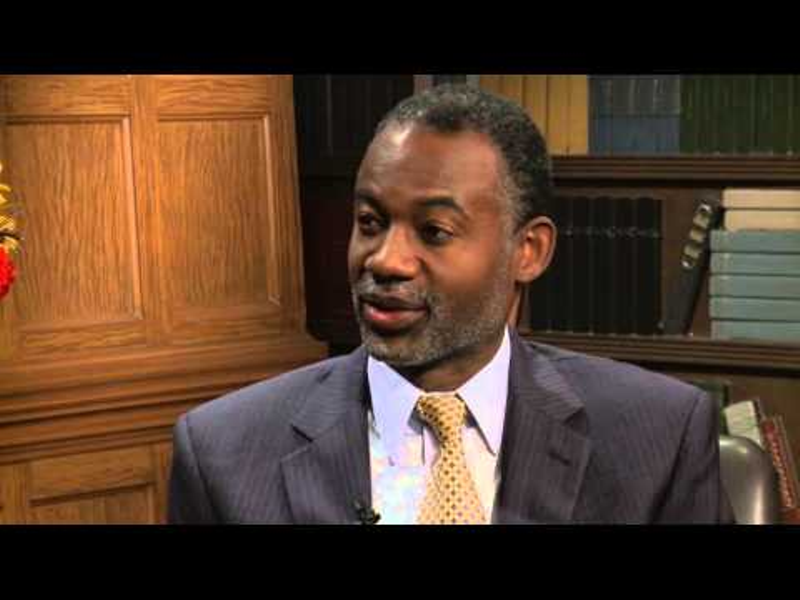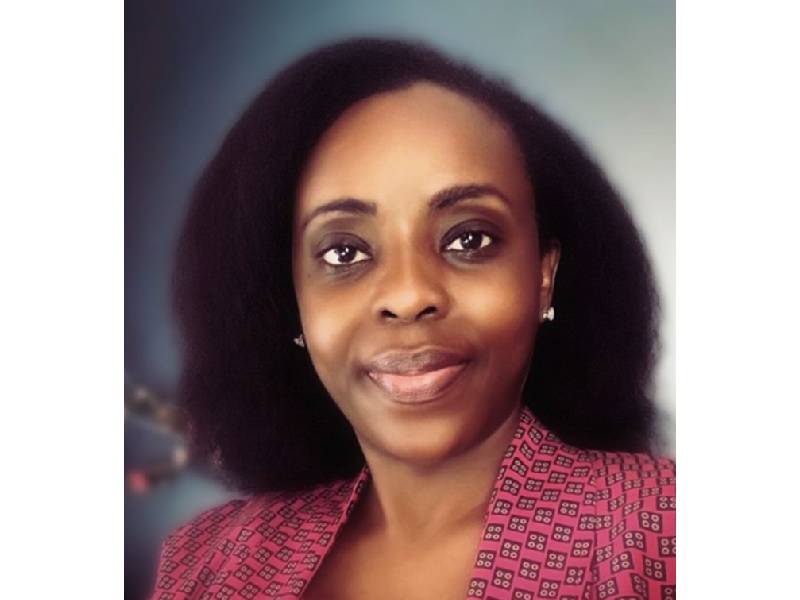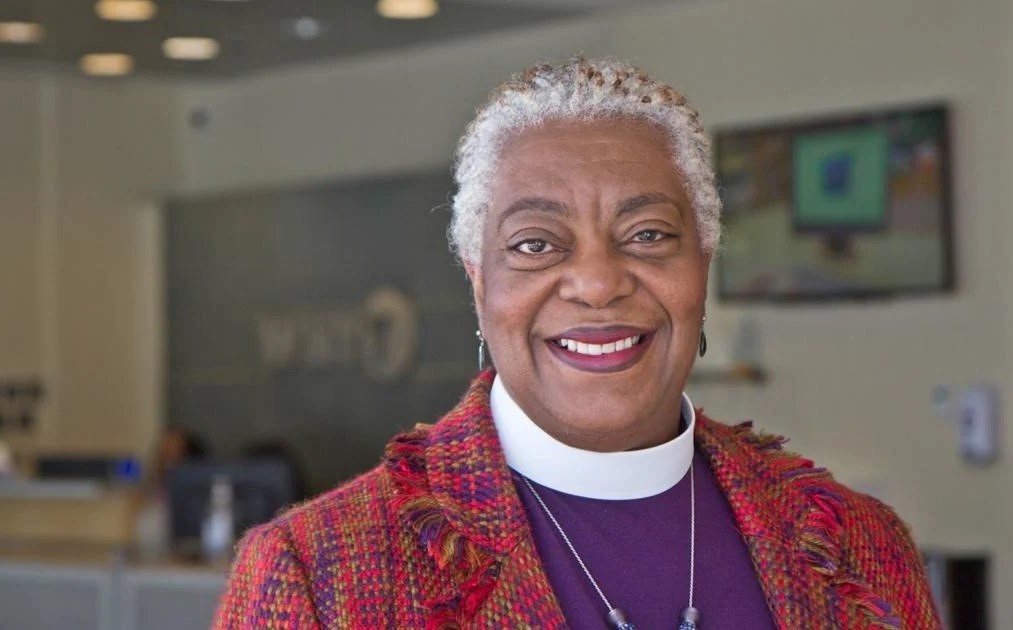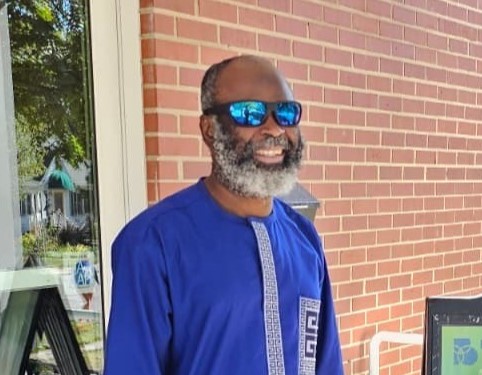
The Hon. Campbell was elected to the Court of Common Pleas, Philadelphia, in November of 2013 and has served since January of 2014. He is assigned to the Criminal Trial Division – Major Trials Program, where he presides over serious non-homicide felony cases arising from incidents in the northwestern part of the City.
Prior to taking the bench, Judge Campbell was a trial and appellate attorney for over 20 years in the Philadelphia area and beyond. His boutique practice focused on criminal defense and civil rights litigation. As an attorney, Judge Campbell handled numerous cases to completion in federal and state courts with distinction, developing a reputation for high effectiveness and frank communication.
Judge Campbell is a naturalized immigrant who moved to the United States from the Republic of Panamá when he was 12 years old. He has written and spoken fluency in Spanish, supplemented with graduate level courses in translation theory and language policy. Judge Campbell is of African ancestry with West Indian lineage. His AfroLatino background offers a global perspective that is well suited to Philadelphia’s emergent diversity.
Judge Campbell earned his J.D. from Temple University School of Law in 1993 and a B.A. from S.U.N.Y. – Stony Brook, New York in 1989.
Describe a discovery you made as a Black man:
That time passes with accelerating speed, and we cannot recover moments. This realization has helped me to recognize the inherent value in all events, and the importance of living the best we can. In my view, we should cherish our loved ones daily and should try to never postpone love, forgiveness, compassion or commitment.
How do you push through your worst times?
By remembering that few things that occur on any given day have ultimate or lasting importance. I try to focus on the essence of things as it relates to my purpose at any given moment.
Describe a soul-restoring story about Black family life and love.
My immediate family recognizes that social awareness is a learning process for all. Processing our experiences in this light help us decide when to forgive, support, question, instruct, adopt or oppose. I am proud of their individual knowledge of self-worth and that they are able to view the world through a thoughtful and compassionate lens.




